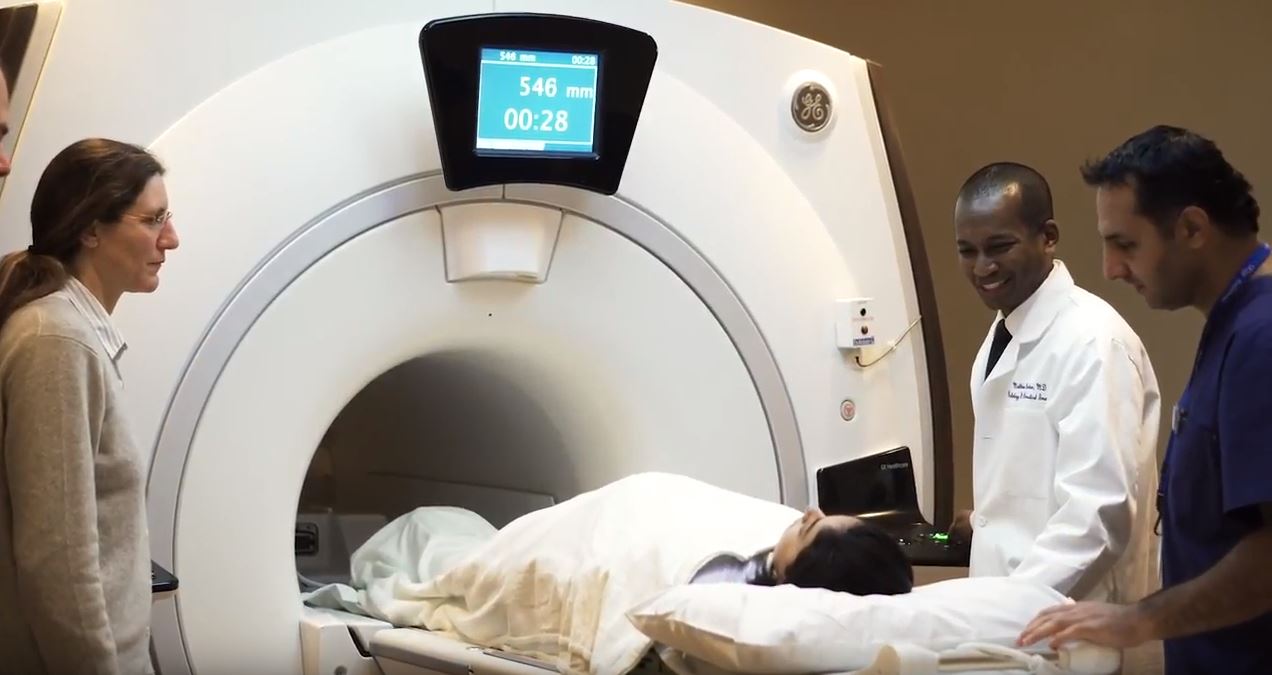Renowned expert in experimental medicine, Professor Rosie King, believes that Nigeria has the potential to significantly improve women’s reproductive health and related medical issues with the advent of High-Intensity Focused Ultrasound (HIFU) technology. She emphasizes that this innovative technology can transform the landscape of women’s healthcare and cancer treatment in Africa.
Professor King, who serves as the Managing Director for International Academics, Marketing, and Sales at Chongqing Haifu Medical Technology Co. Ltd., shared her insights during a visit to the Nordica Fibroid Care Center in Lagos. This center, situated in Nigeria, is the third of its kind in Africa, with the others located in South Africa and Egypt.
HIFU represents a groundbreaking, noninvasive approach to treating uterine fibroids and adenomyosis. It combines intrauterine ultrasound guidance with the proven benefits of focused radiofrequency energy, allowing for a uterus-preserving operation without the need for incisions.
Expressing her admiration for the Nordica Fibroid Care Center, Professor King stated, “I’m impressed with this center. While we have many centers worldwide, I believe this is the first one to offer both minimally invasive endoscopy technology and non-invasive technology simultaneously. This is significant because it allows doctors to choose the most suitable treatment method to benefit patients the most.”
She highlighted the importance of using technology with sensitivity, emphasizing that telemedicine is fundamentally about providing compassionate patient care during challenging times.
The primary objective of Professor King’s visit was to collaborate with Dr. Abayomi Ajayi, the Head of the Fibroid Care Center and Medical Director of Nordica Fertility Center, Lagos. They discussed plans to expand this technology from a single center to multiple centers and broaden its reach within the Nigerian market.
Professor King stressed the digitized nature of this technology, which eliminates the need for physical incisions. Instead, doctors can utilize a virtual scalpel with a simple mouse click. She believes that by developing and implementing this technology in Nigeria and throughout Africa, the region can gain access to cutting-edge medical advancements that will transform the therapeutic landscape for women’s healthcare and cancer patients.
During the visit, Dr. Abayomi Ajayi mentioned that the center had successfully treated 355 patients with fibroids. He emphasized the importance of this emerging technology for Africa, particularly in light of the migration of doctors abroad. HIFU offers numerous advantages, such as the elimination of the need for anesthesia and blood transfusions, making it a safer and more efficient treatment option.
Dr. Ajayi highlighted the importance of local training and capacity building to ensure that more doctors can utilize this invaluable tool effectively. The goal is to continue providing local training opportunities to empower more doctors in Africa to harness the potential of HIFU technology.




